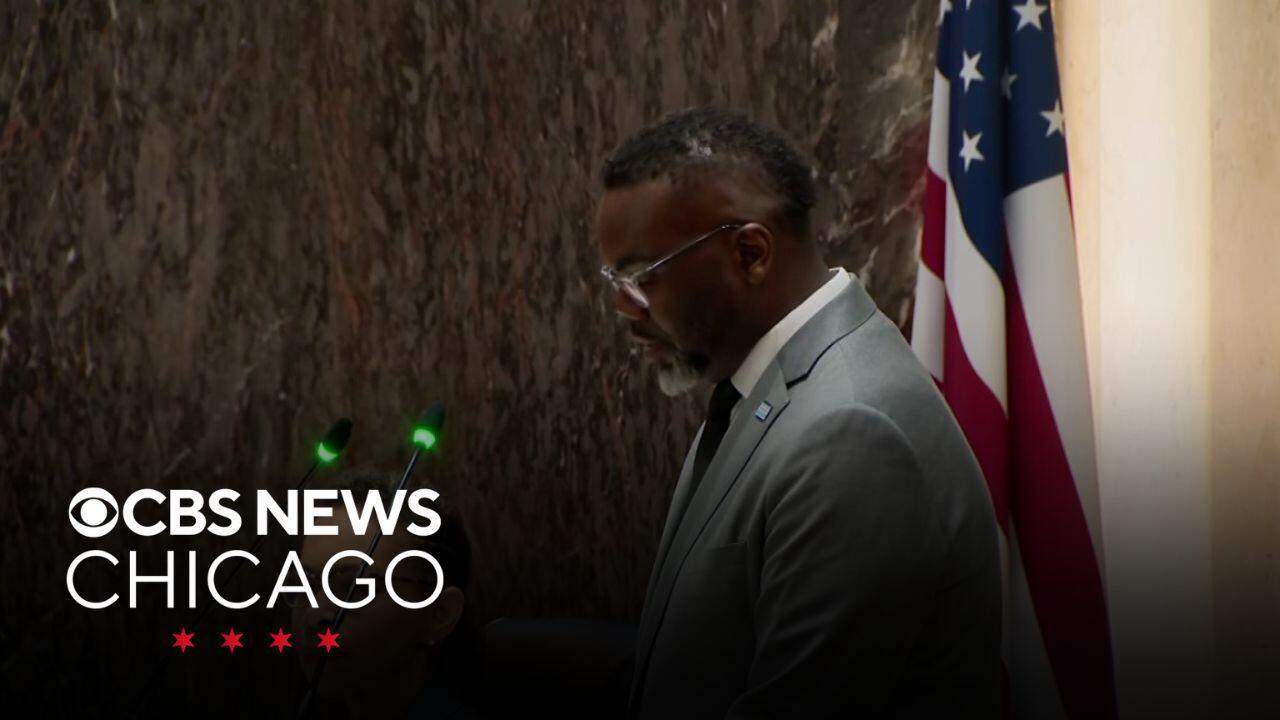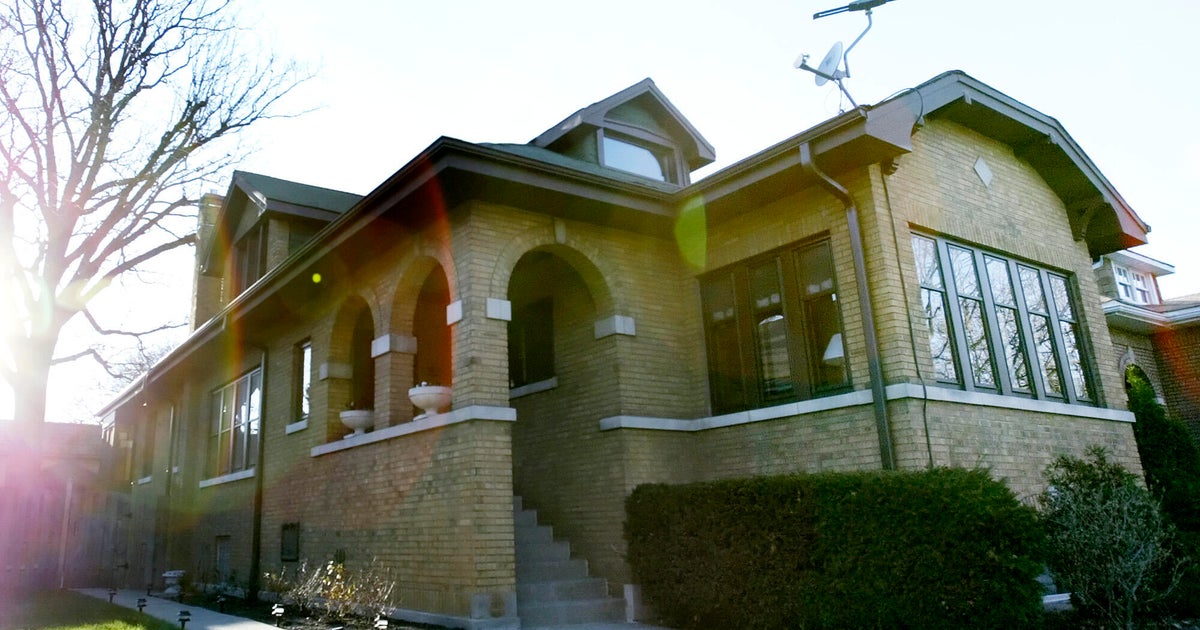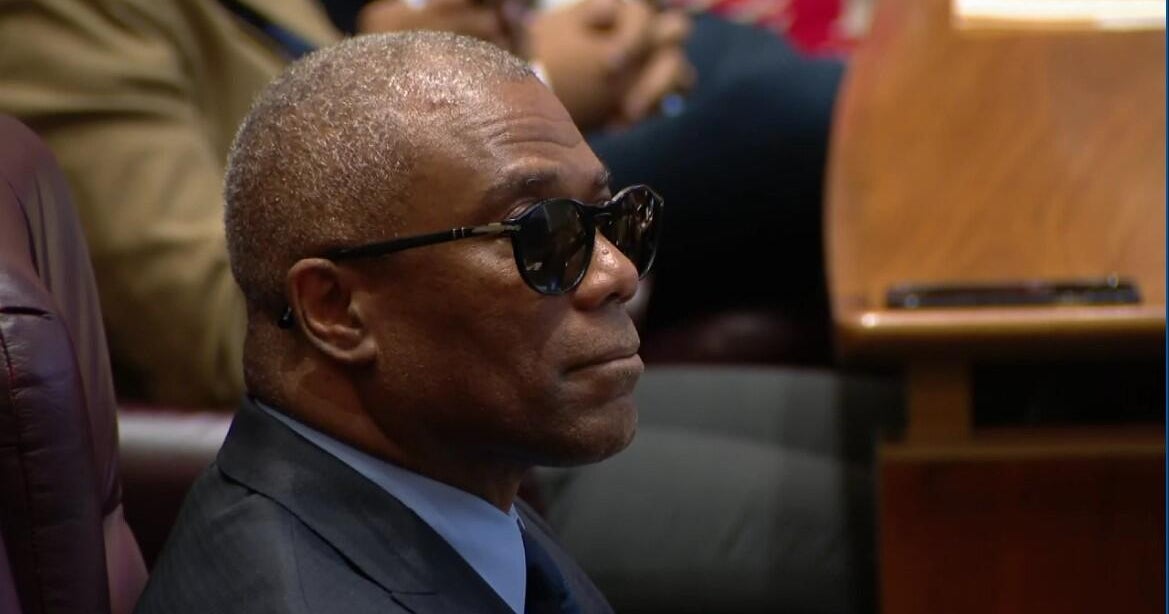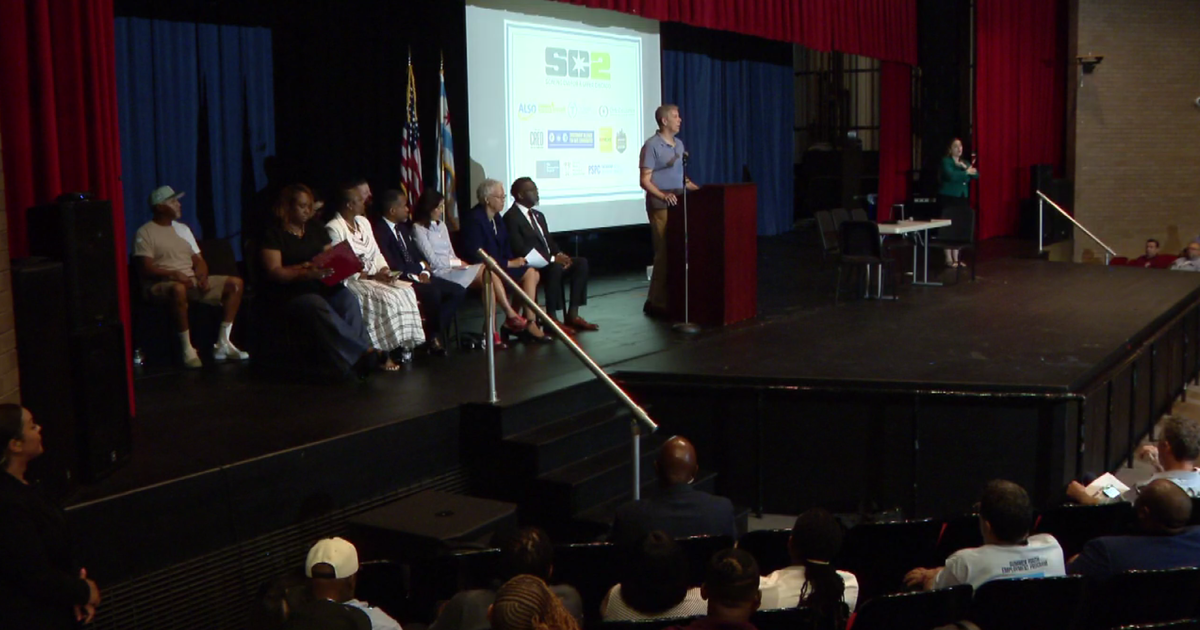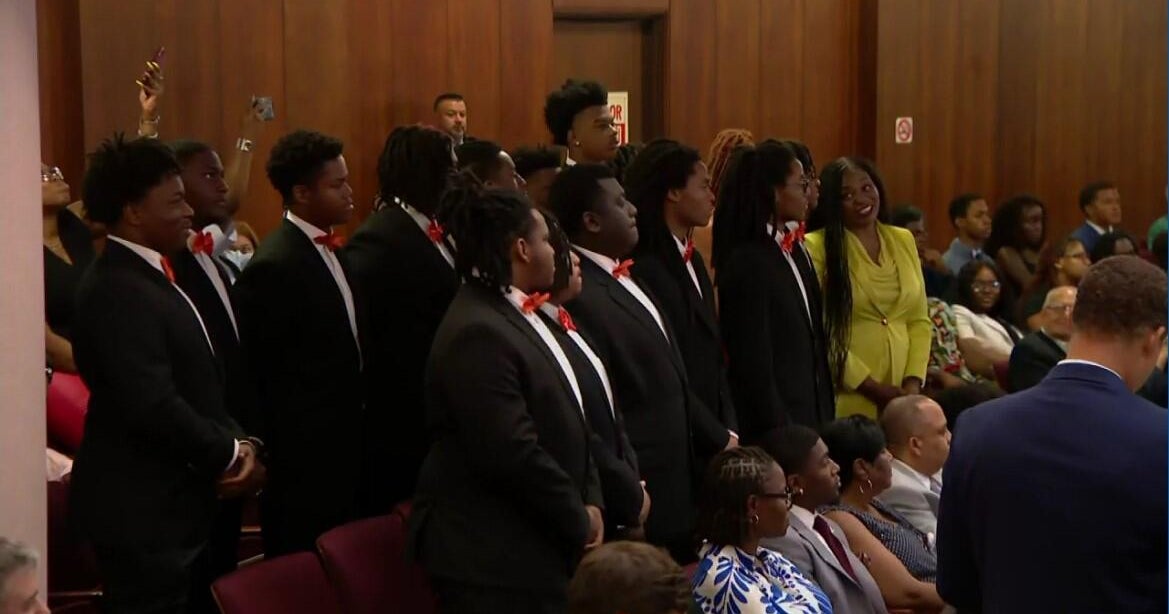City Council upholds Mayor Brandon Johnson's veto of "snap curfew" ordinance
The Chicago City Council on Wednesday drove the final nail in the coffin for a controversial "snap curfew" ordinance, upholding Mayor Brandon Johnson's veto of the measure that would have allowed police to impose a youth curfew anywhere in the city on as little as 30 minutes' notice.
The City Council approved the controversial ordinance last month by a 27-22 vote, and Mayor Brandon Johnson vetoed it days later. On Wednesday, Ald. Brian Hopkins (2nd), the measure's chief sponsor, moved to override the mayor's veto, but couldn't muster the 34 votes needed, with the override vote coming in at 28-22. No alderperson changed their vote since last month, but Ald. Emma Mitts (37th), who did not vote last month, voted to override Johnson's veto.
The ordinance would have authorized Police Supt. Larry Snelling to declare temporary curfews anywhere in the city with as little as 30 minutes' notice when mass gatherings are expected or underway, and there is reason to believe they could become a risk to public safety.
Supporters have said the ordinance would allow police to break up teen takeovers before they turn violent, but Johnson and other opponents have said police already have the power to issue dispersal orders when they spot large gatherings that become disruptive or dangerous.
Critics of the proposal have said curfews are ineffective, and that the city needs to do more to offer safe options for youths so that they're not tempted to organize largely aimless gatherings that sometimes turn violent.
Opponents also have said the language of the ordinance is too vague, and would allow police to arrest teens without any evidence they've violated the law, since police would be allowed to impose a new curfew before any gathering has turned violent or otherwise posed a public safety threat.
In his veto letter to the City Clerk last month, Johnson wrote, "At a time when violent crime continues to trend down in the City of Chicago, it is critical that we continue our investments in community safety strategies that have a proven track record of success. In two short years, we have seen a measurable, sustained decline in crime and violence in our city."
The letter goes on to say that the mayor's administration will continue to partner with community organizations, businesses and philanthropists to invest in youth jobs, safe spaces and mental health care, along with effective policing.
The ordinance was presented as a way to get ahead of large pop-up teen gatherings that have turned violent in the past, with fights, stabbings, and gunshots, leaving both teens and bystanders hurt.
But opponents — including the ACLU, youth advocates and Cook County public defenders — call it an overreach, warning it could lead to racial profiling and violate constitutional rights.
Johnson, who has called the proposed ordinance "lazy governance," reiterated his opposition to the proposal before Wednesday morning's vote.
"There is no study that we have seen, or frankly anyone in Chicago has seen, that says that these type of measures and curfews will keep young people safe. And, in fact, if we were to enact such a thing, we would leave ourselves vulnerable to potential and costly lawsuits that do nothing to make our city safer," he said.
Johnson said police should be dispatched the way they have been all year, particularly given the city's striking drop in violent crime.
"We must continue to strategically deploy our officers to high-crime areas, rather than dictate their time in enacting and enforcing curfews," Johnson said.
Johnson's veto was the first mayoral veto in nearly two decades, since then-Mayor Richard M. Daley in 2006 vetoed an ordinance that would have required big-box retailers like Walmart and Target to pay employees more than the standard minimum wage.
Johnson has argued that, rather than expanding police curfew powers, the city should do more to offer youth jobs and programming to give teens other choices for spending their free time other than large, often aimless gatherings in the streets or on the lakefront.
Mayor Johnson signals support for Anjanette Young Ordinance
Also Wednesday, Mayor Johnson signaled his support for the Anjanette Young Ordinance, which would reform the way police conduct raids.
Chicago police officers wrongly raided Young's home in 2019. The innocent social worker was changing her clothes when a team of officers burst into her home.
She was handcuffed naked as officers swarmed her home with guns drawn.
The new ordinance would only allow "no-knock" warrants with a judge's approval in the case of "imminent danger."

